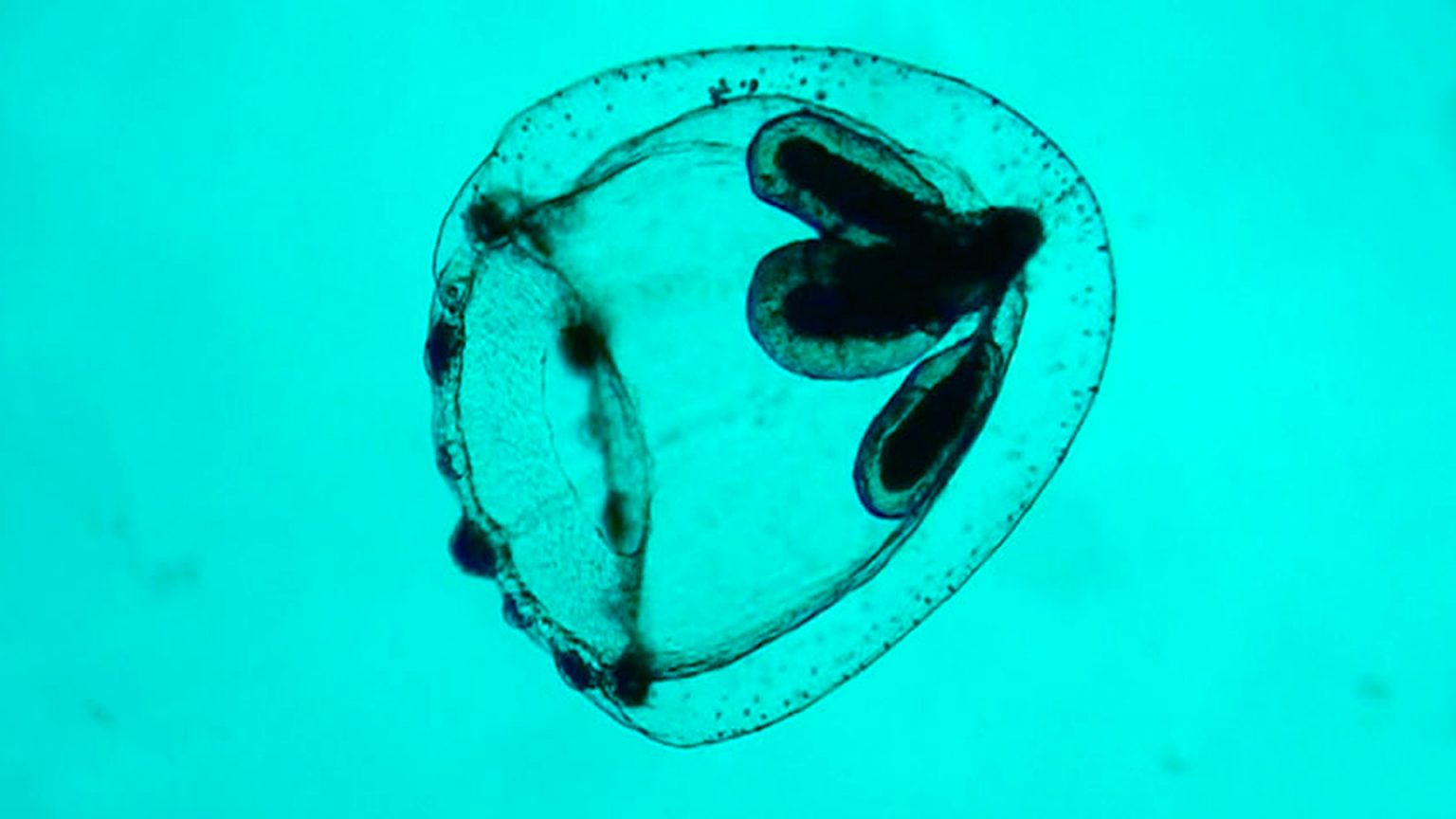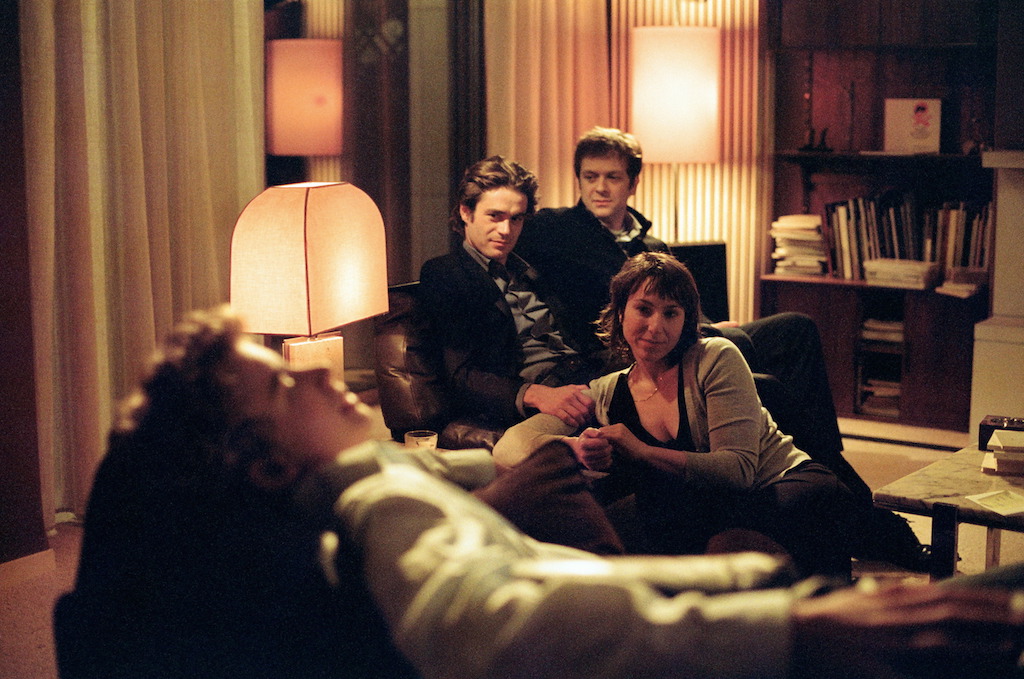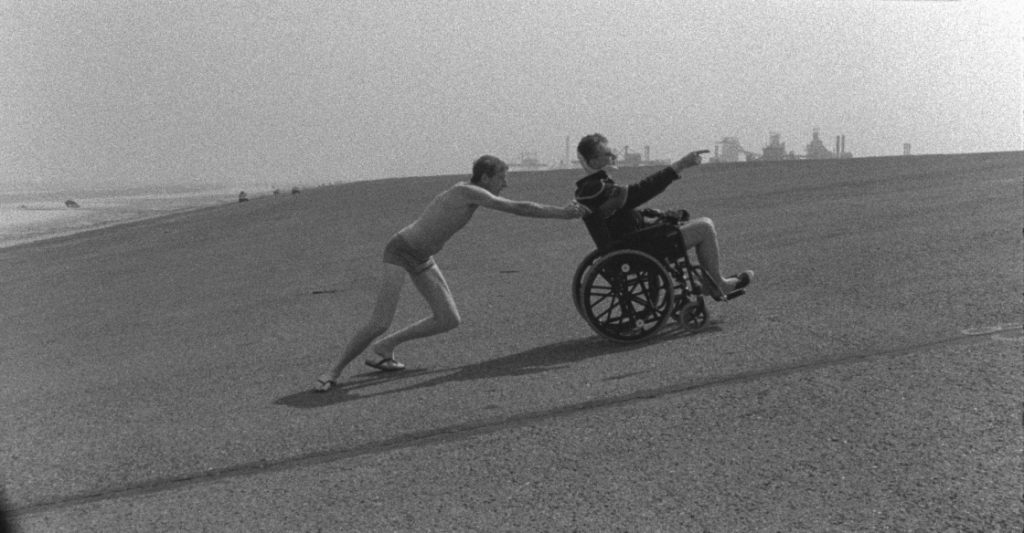The European Union Film Showcase celebrates its twenty-ninth year at the AFI Silver Spring Theater in Silver Spring, MD, December 1-18. Featuring forty-seven films (nine of them U.S. premieres), the festival offers some of the best in contemporary world cinema, including several Cannes award winners (The Happiest Day in the Life of Olli Mäki, Toni Erdmann, Graduation, and I, Daniel Blake), as well as sneak peeks at the latest films by Pedro Almodóvar (Julieta), and François Ozon (Frantz). Three new films playing the E.U. Showcase are by filmmakers with earlier films available on Fandor—enabling folks who can’t attend the fest to have an E.U. showcase of their own at home. Czech filmmaker Jan Hřebejk’s The Teacher, set in the 1980s, indulges in shameful behavior. Mária Drazdechová (Zuzana Mauréry) is the local Chairwoman of the Communist Party. She tells her new classroom that they will learn Russian, Slavic, and history, but she’s more interested in practicing blackmail and intimidation; Mária rewards loyalty by trading grades for favors. Her unethical behavior—she fails and punishes those students whose parents have integrity and don’t bend to her wishes—prompts a meeting to discuss the teacher’s actions, and suspense builds as various parents speak up or are cowered about speaking against Mária. Hrebejk’s shrewd, engrossing film provides a jaundiced view of how abuses of power are tolerated, and the impact Mária’s actions have on both parents and students. Two of Hrebejk’s earlier films are available on Fandor, and both are worthwhile. Shameless, from 2008, is a wry, amusing romantic comedy about Oskar (Jirí Machácek), a forty-two-year-old weatherman who realizes that after seven years, the love (and the sex) has disappeared from his marriage to Zuzana (Simona Babcáková). He is even irritated by her nose, as evidenced in a terrific sight gag. Zuzana, however, knows her husband well, and calls him on his bad behavior, eventually kicking him out for having an affair with Kocicka (Eva Kerekesová), their son’s Hungarian au pair. As Oskar’s relationship with Kocicka fizzles, he falls for Nora (Emília Vásáryová), a famous, decades-older singer. Meanwhile, Zuzana finds love with Matej (Pavel Liska of The Country Teacher), who respects her and her nose. Hrebejk’s light touch and affable performances make this Czech film charming. Hrebejk’s 2006 film Beauty in Trouble also is about a marriage collapsing. Marcela (Anna Geislerová) leaves her husband Jarda (Roman Luknár) and takes her kids, Kuba (Adam Mišík) and Lucina (Michaela Mrvíková), to go live with her mother, Zdena (Jana Berjchová), and mom’s abusive husband Richard (Jirí Schmitzer). Meanwhile, Jarda is arrested when he gets possession of a stolen car belonging to Evzen Benes (Josef Abrhám). When Benes and Marcela meet, they slowly develop a friendship that may lead to something romantic. Beauty in Trouble is a marvelous slice-of-life film that takes a little while to get started, but once it does, viewers won’t want it to end. Marcela’s love for her children, her mother, and even the men in her life (save Richard) is heartfelt and affecting. The decisions Marcela makes—and they are not always the right ones—reveal much about a character who is struggling to get by when Benes helps her out. His benevolent character may be a bit saintly, but he shows he has mettle, which makes him even more likable. Beauty in Trouble is a lovely, touching film. Belgian director Joachim Lafosse specializes in domestic dramas. His latest film, After Love, playing at the E.U. Showcase, chronicles the final stages of the marriage between Marie (Bérénice Bejo) and Boris (Cédric Kahn, star of Aliyah). She is the breadwinner and wants the house; he renovated the house, so he feels entitled to more than she is offering. Almost the entire film is set in the couple’s residence, which enhances the feeling of claustrophobia, despite Lafosse’s often fluid camerawork. Their fights about money are as discomfiting as their shared parenting of their twin daughters (Jade and Margaux Soentjens). But arguably no scene is more awkward than Boris turning up uninvited to Marie’s dinner party. After Love does side squarely with Marie, and it might have been wiser to make things more even-handed, but both actors are superb.
The divorced parents in Lafosse’s 2008 drama, Private Lessons, available on Fandor, are rarely present. Jonas (Jonas Bloque) is a teenage tennis player who’s failing his studies and cannot repeat the year. He decides to take a break from the sport to prepare for a jury exam that will help him graduate. He lives with his tutor, Pierre (Jonathan Zaccaï), who—along with Nathalie (Claire Bodson) and Didier (Yannick Renier)—also teach him about sex; Jonas has just lost his virginity to his girlfriend, Delphine (Pauline Etienne). Private Lessons charts how Jonas evolves by focusing on his studies, but also how he recalibrates his ethics (e.g. about loving his parents). Lafosse exacts firm control as a director—shooting Jonas often in intense close-ups, before the story (and the characters) open up, revealing deeper layers. Private Lessons is a gripping, slow-burn psychodrama. Lafosse’s 2012 film, Our Children, also available on Fandor, is another domestic drama, this time chronicling the life of a woman, Murielle (Émilie Dequenne), whose despair culminates in her killing her four children. The film opens with her in the hospital after the act, flashing back to her relationship with Mounir (Tahar Rahim), a Moroccan, and André (Niels Arestrup) Mounir’s adoptive father, a wealthy doctor. André supports Mounir and Murielle, letting them live in his home, and traveling with them—even on their honeymoon, which he pays for. When the couple starts having children, the household gets a little claustrophobic, and André bristles at Mounir’s suggestion that he, his wife, and the children should move out and live in Morocco. They get a bigger house and have more children. Soon, Murielle begins to fall into a deeper depression. She visits a therapist (Nathalie Boutefeu) who helps her, but Murielle’s anguish is palpable—most remarkable is a single-take scene of her driving and singing before she breaks down crying. Dequenne, who won the Best Actress prize at Cannes for her work here, is tremendous, and Arestrup gives a quietly powerful turn as the controlling André. Our Children is, admittedly, a difficult and disturbing film—there is an overwhelming sense of dread throughout—but it is exceptional nonetheless. Filmmakers Benôit Delépine and Gustave Kervern have been making offbeat comedies together for more than a decade, and their latest film, the French/Belgian co-production Saint-Amour, is an appealing road movie about Jean (Gérard Depardieu), who’s trying to control his son, Bruno (Benoît Poelvoorde), during a road trip. Bruno is unhappy with his life as a farmer, and Jean wants him to continue the family tradition. They hire Mike (Vincent Lacoste) a driver, to take them through the Wine Trail. Their trip consists of a series of awkward-funny encounters from a strange B&B to sneaking into a hotel for a free breakfast. There is a nifty punchline to each scene, as when Jean orders “the entire aquarium” at a restaurant and the poor waitress is seen reaching into the tank to procure a lobster that does not want to be bothered. There’s also high (albeit lowbrow) comedy when Bruno wakes up one morning in a wig and a dress, or when he recounts “the ten stages of drunkenness” to Mike. Saint-Amour does have some wistful, touching moments involving Jean comforting several lonely women, but overall this genial film goes for smiles, not belly laughs.
Delépine and Kervern’s debut feature, Aaltra, available on Fandor, shows just how they developed their clever brand of dark humor. A series of situations (that should not be revealed) prompts Ben (Delépine) to attack his neighbor Gus (Kervern) while on an Aaltra tractor. An accident leaves both men paralyzed and in wheelchairs. While Ben hits the road to watch his beloved motocross in Namur, Gus wants to go to Helsinki to get justice from the tractor manufacturer. Traveling together, the pair are soon robbed, and left begging for cash. They suffer other indignities and test each other’s patience. They also try the patience of strangers they meet. The episodes, however, are more amusing than upsetting. When Ben “borrows” a motocross racer’s (Jason Flemyng) bike and goes off on a joyride, the filmmakers don’t show Ben’s exhilaration, but rather the biker’s blistering retort: “It’s people like you who give fucking people in wheelchairs a bad fucking name!” Aaltra ends with a brilliant double-whammy of a payoff that will leave viewers chuckling. The filmmakers’ sophomore feature, Avida, also on Fandor, is quite strange, but viewers who appreciate its idiosyncratic nature will find it rather sublime. Like Aaltra, Avida is shot in black-and-white and features a series of comic set-pieces involving a handful of loosely connected characters. They include a bullfighter who tangles with a rhinoceros; a deaf-mute dog handler (Kevern) who inadvertently causes the death of his wealthy boss (Jean-Claude Carrière); and a pair of ketamine-addicted zoo employees who kidnap the plus-sized Avida (Velvet D’Amour). Avida wants to die on a mountain and coerces the guys to help her achieve this goal. There are some great sight gags, such as an insect making off with one of Avida’s potato chips, as well as some surreal moments involving dead (or soon to be dead) animals. It all culminates in a highly satisfying final image (shot in color, no less). A cult film for sure, Avida showcases the bold visions of these talented filmmakers.






